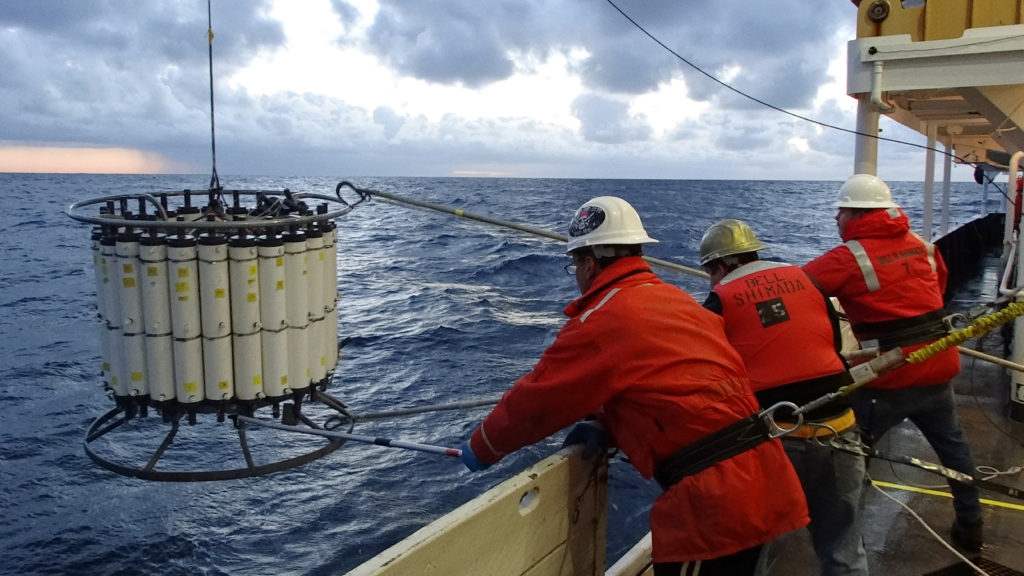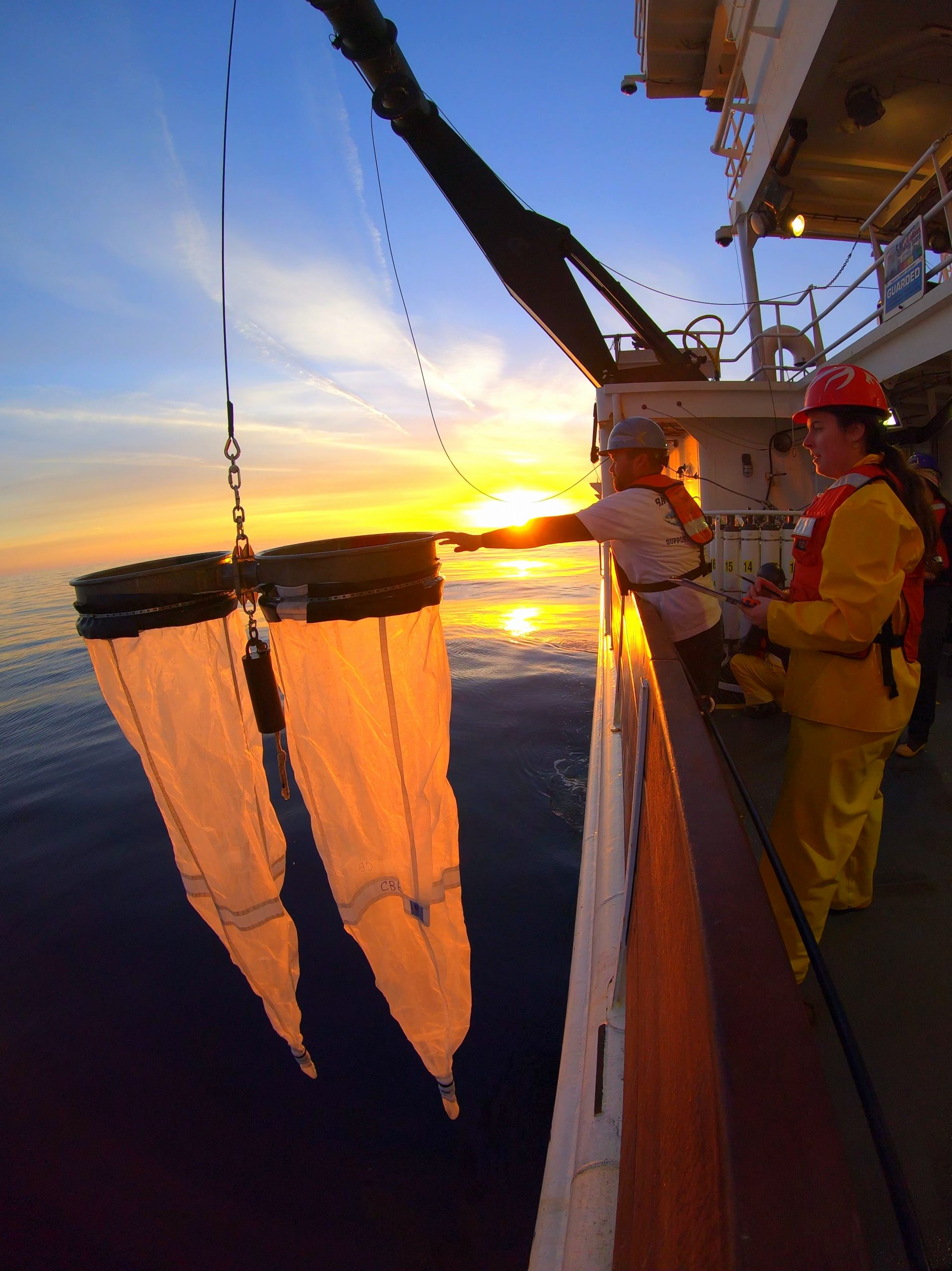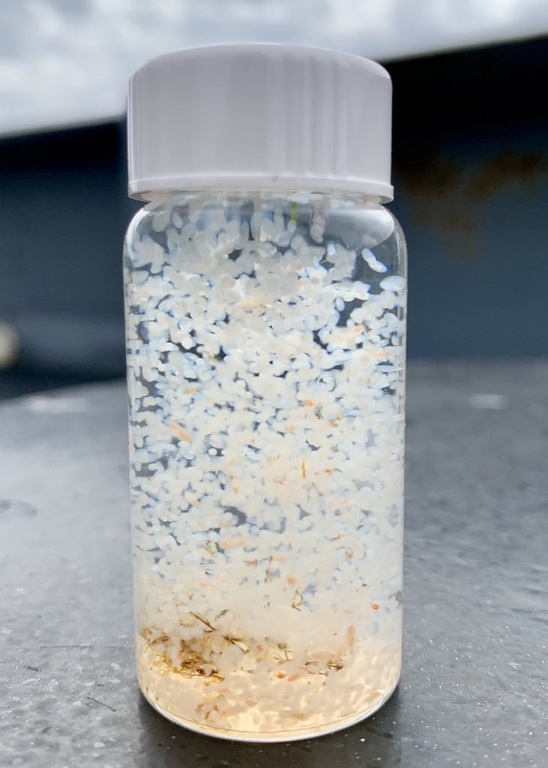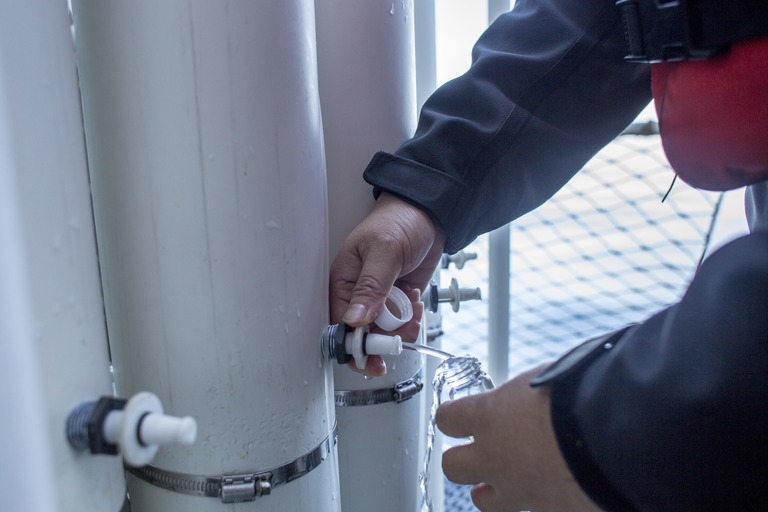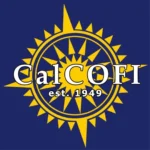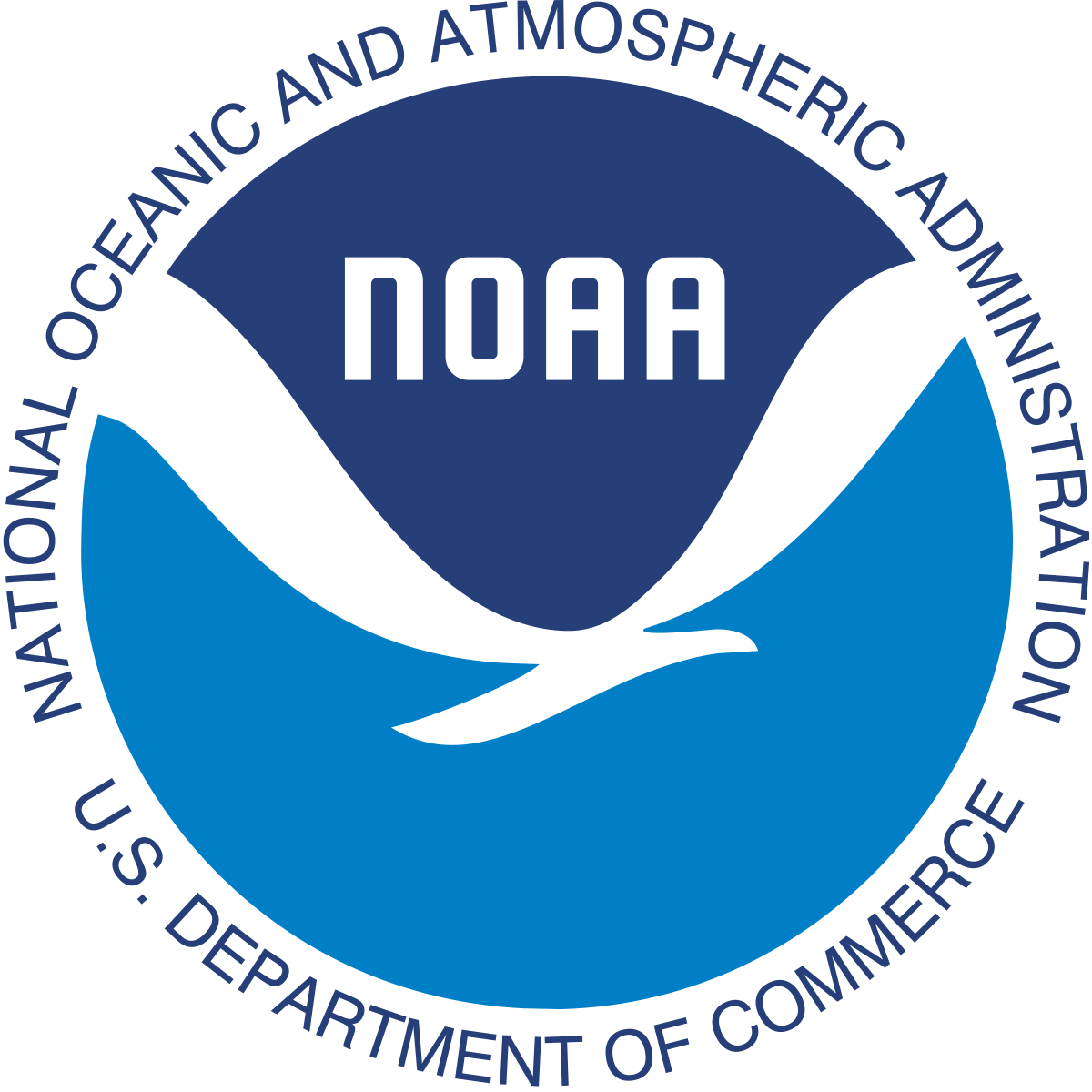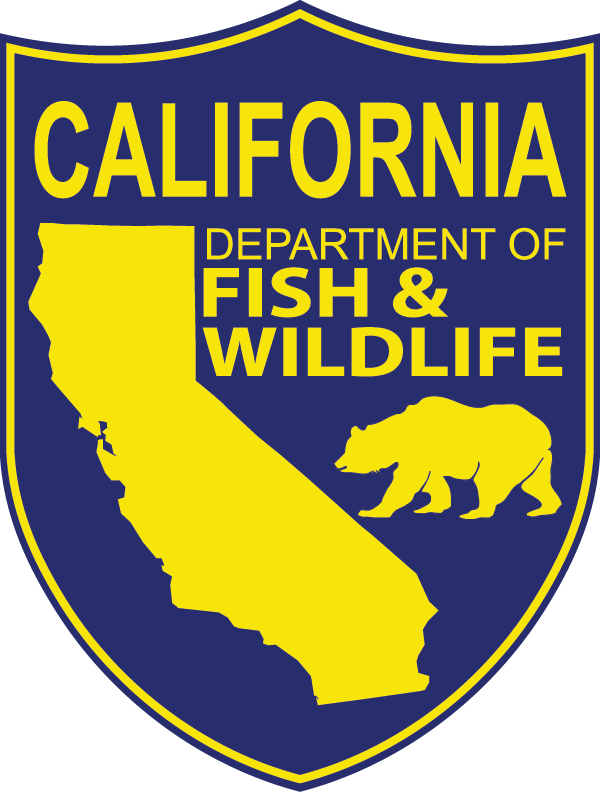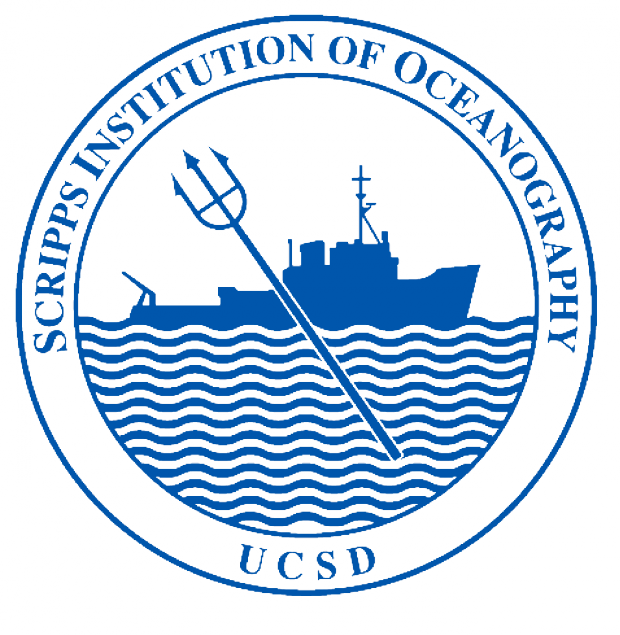Understanding California's dynamic ocean, and assessing anthropogenic impacts on its marine environments
The California Cooperative Oceanic Fisheries Investigations (CalCOFI) is a long-term oceanographic and marine ecosystem monitoring and research program that that surveys the physical, biogeochemical, and biological dynamics of the marine environment with the goal of serving data and science in support of sustainable marine resource management.
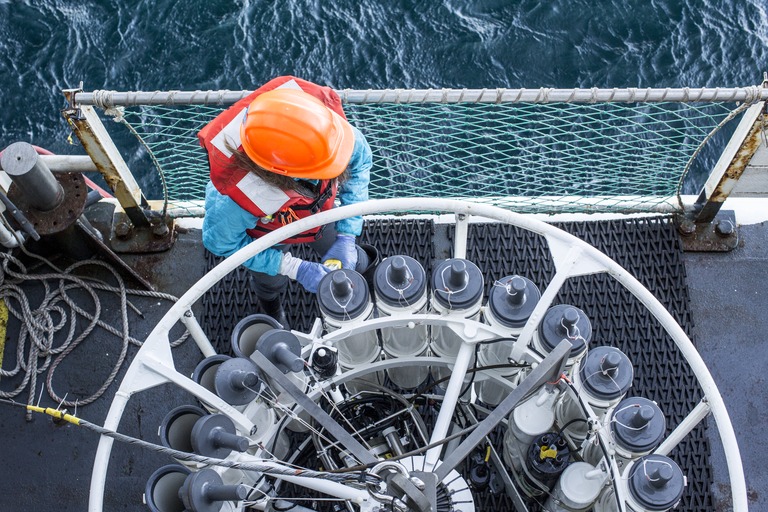
Oceanographic Data
Temperature, salinity, dissolved oxygen, nutrients, dissolved inorganic carbon (DIC) and many more environmental variables from CTD sampling and underway systems
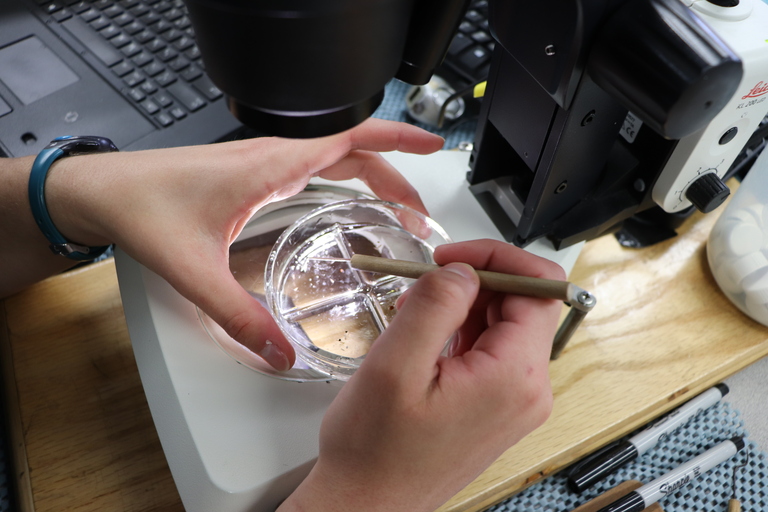
Marine Ecosystem Data
Marine mammals, seabirds, fish eggs & larvae, zooplankton, phytoplankton, primary production, bacterioplankton, and eDNA from net tows, CTD sampling, and underway systems
Latest News
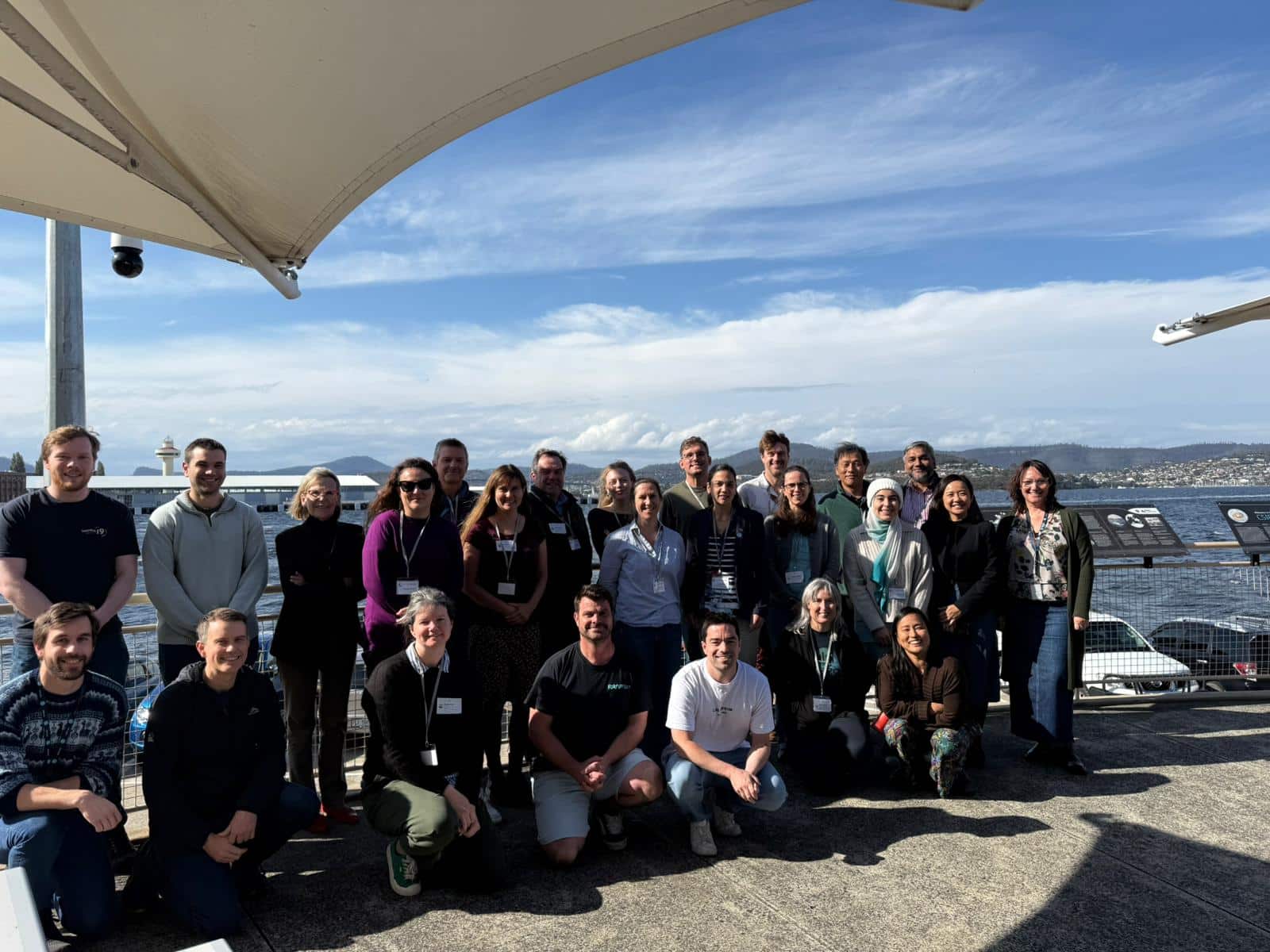
Ocean Biomolecular Observing Network (OBON) Annual Projects Meeting 2025
The Ocean Biomolecular Observing Network (OBON) is a UN Decade program building a global biodiversity monitoring
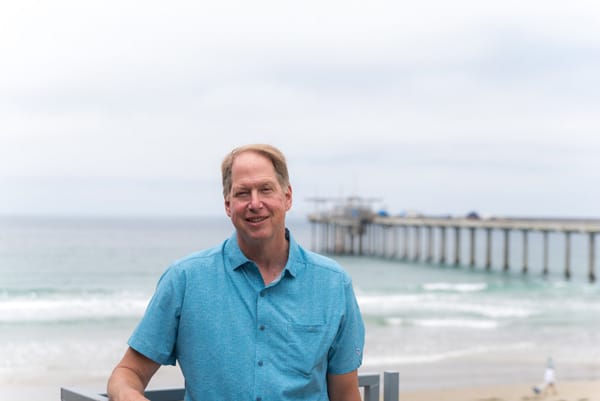
Welcome, Mark Gold, SIO CalCOFI’s new Director
We are thrilled to share the news that Mark Gold has been named new director of
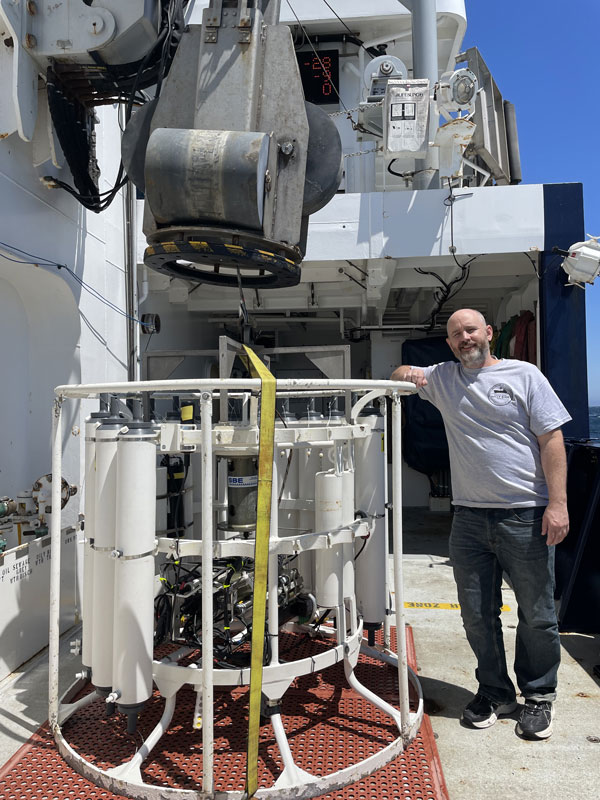
Welcome, Ben Gire, SIO CalCOFI’s new Oceanographic Technician & Programmer
We are excited to welcome Ben Gire to the SIO CalCOFI oceanographic team! Ben holds a

Welcome, Annie Effinger, SIO CalCOFI’s new Oceanographic Technician
We are excited to welcome Annie Effinger to the SIO CalCOFI oceanographic team! Annie graduated from
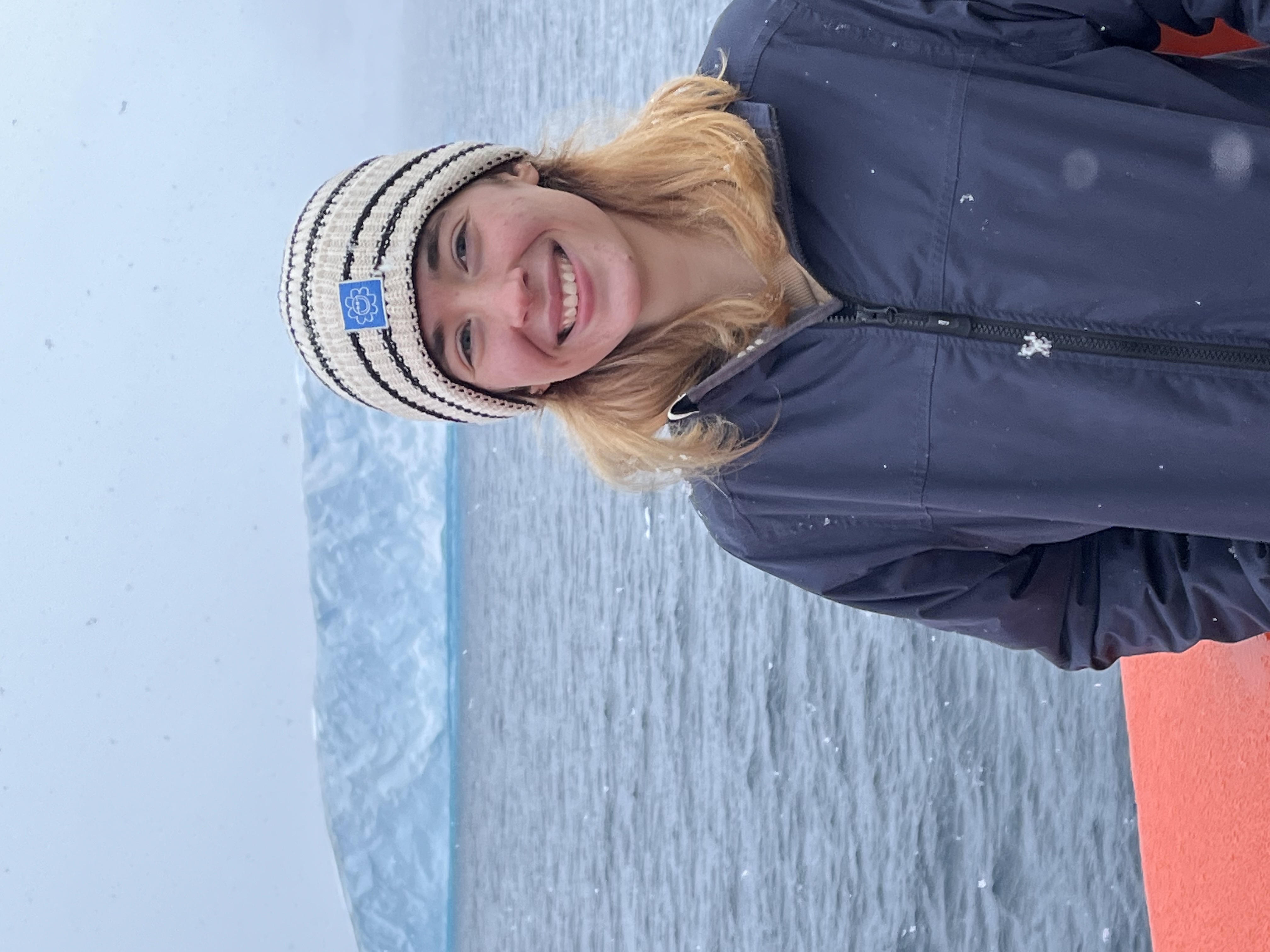
Welcome, Josie Adams, SIO CalCOFI’s new Research Associate
We are excited to welcome Josie Adams to the SIO CalCOFI oceanographic team. Josie is a recent graduate
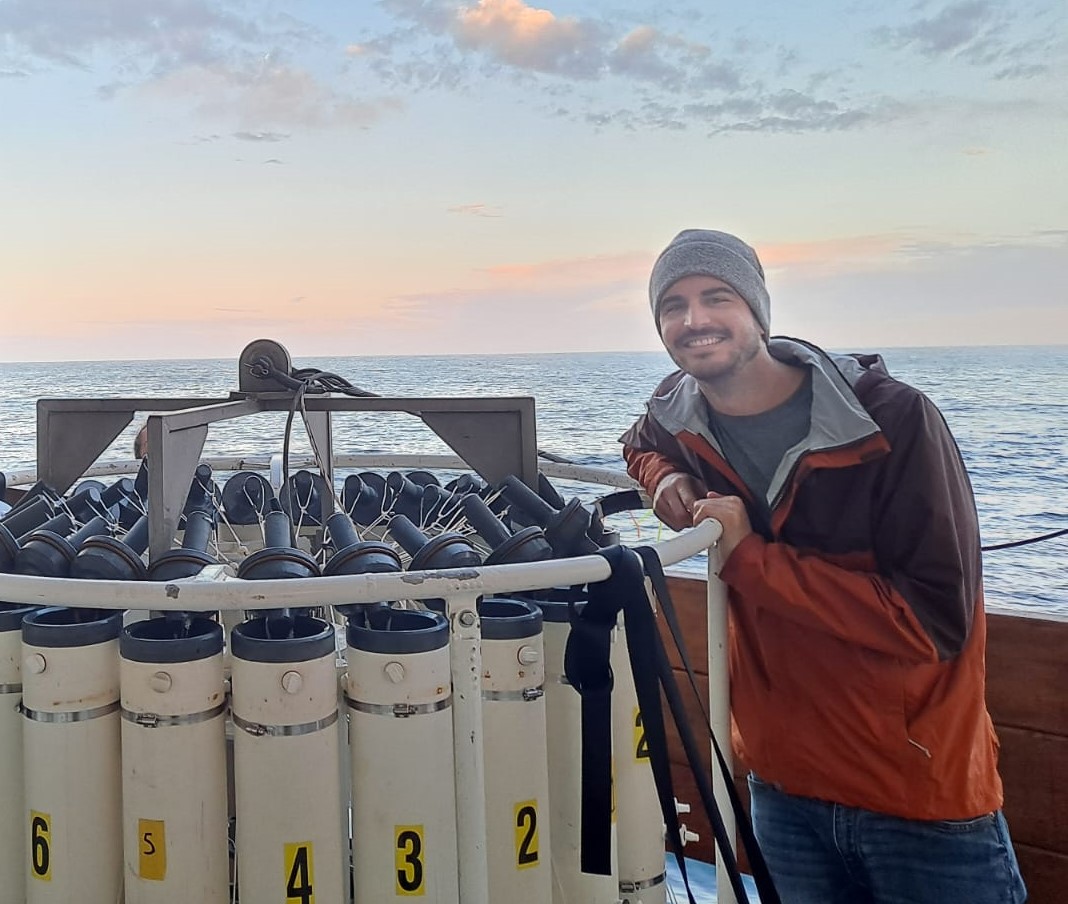
Welcome, Luke Irza, CalCOFI’s new Research Associate
We are excited to welcome Luke Irza to the CalCOFI team. Luke will serve as a
Next Cruise:
CalCOFI conducts four research cruises per year; typically in January, April, July, and October.
Cruises depart from and return to San Diego, CA and occasionally San Francisco, CA. Depending on the season and number of stations targeted, cruises are between 15 to 25 days.
Check the Cruises page for dates of upcoming cruises and summaries of completed cruises.
